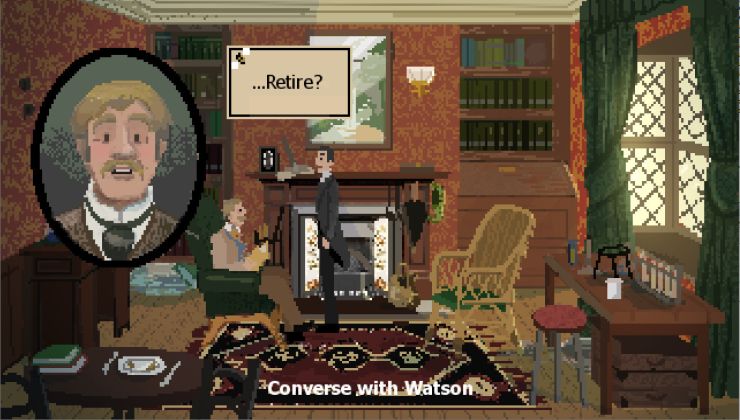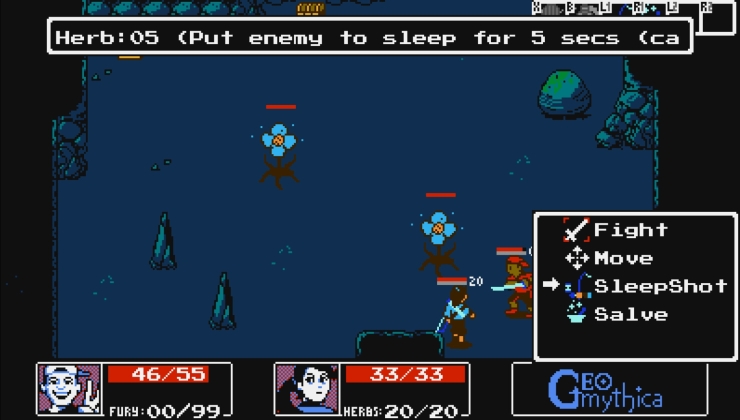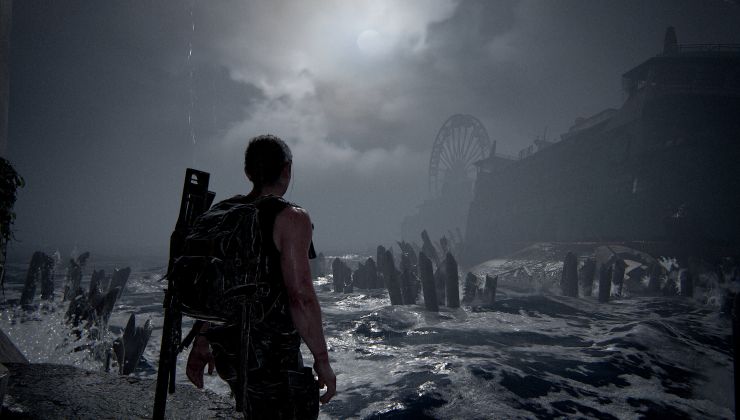You may remember the article I wrote recently about asking you not to use G2A, well it appears G2A are now taking some first steps towards actually supporting developers.
Eurogamer is reporting that G2A will offer developers who sign up 10% of the sales of keys on their store. It's certainly better than nothing, but it's quite a low margin for developers. Considering the amount of reported problems with keys coming from stolen credit cards, it really is quite low.
They will also be opening up a database of keys for developers to look through, so it can help developers track down where the keys are coming from. This is probably going to be very useful, as developers can then see exactly what is going on.
Small steps, but steps nevertheless. It does prove to me that G2A know they have problems with their store, so I still won't ever buy from G2A.
Eurogamer is reporting that G2A will offer developers who sign up 10% of the sales of keys on their store. It's certainly better than nothing, but it's quite a low margin for developers. Considering the amount of reported problems with keys coming from stolen credit cards, it really is quite low.
They will also be opening up a database of keys for developers to look through, so it can help developers track down where the keys are coming from. This is probably going to be very useful, as developers can then see exactly what is going on.
Small steps, but steps nevertheless. It does prove to me that G2A know they have problems with their store, so I still won't ever buy from G2A.
Some you may have missed, popular articles from the last month:
All posts need to follow our rules. For users logged in: please hit the Report Flag icon on any post that breaks the rules or contains illegal / harmful content. Guest readers can email us for any issues.
I don't get it.
Assume I'm a developer. I sold a bunch of keys. I got my money. Now the distributor says: "listen, we have to take some of that money back, the following transactions were fraudulent: x, y, z."
What's the problem here? If I was a developer I'd lock cd-keys that were sold in those transactions, G2A malicious sellers would get a negative feedback and nobody would buy from them again. That's it. There's nothing more to it and I know it for a fact.
So... what gives?
Assume I'm a developer. I sold a bunch of keys. I got my money. Now the distributor says: "listen, we have to take some of that money back, the following transactions were fraudulent: x, y, z."
What's the problem here? If I was a developer I'd lock cd-keys that were sold in those transactions, G2A malicious sellers would get a negative feedback and nobody would buy from them again. That's it. There's nothing more to it and I know it for a fact.
So... what gives?
0 Likes
So... what gives?Well... there are many problems,
1. Not all key retailers are equal, some are almost as shady as G2A. Some might not be able to specify exactly which keys are affected by the chargeback, but they are definitely taking that money back from the dev.
2. There is a delay between the fraudulent charge and the charge back. The charge back could come as much as 60 days after the original charge, which means you can't trust your revenue number for up to 2 months.
3. When you cancel the key, you are cancelling a game that someone actually paid for, you are going to piss them off, they may hate you forever as G2A is not exactly friendly with the refunds. Ubisoft might not give a shit, but if a smaller indie dev pisses off a few thousand gamers that could kill the company's reputation.
4. The big time thieves work with hundreds of accounts each with tens of thousands of transactions a year, a bit of negative feedback is barely going to register and just to be safe G2A will happily follow it with an official statement saying that the seller is totally all cool and it is such a shame that the buyer had a bad experience and if they had just subscribe to Shield then all would be well.
G2A know they are peddling stolen goods, they have access to the data, they know that their biggest sellers are moving a significant number of cancelled keys linked to stolen CCs, but they do nothing because they are making fat stacks of cash and live in a jurisdiction that doesn't particularly care about crimes against foreigners.
0 Likes





 How to set, change and reset your SteamOS / Steam Deck desktop sudo password
How to set, change and reset your SteamOS / Steam Deck desktop sudo password How to set up Decky Loader on Steam Deck / SteamOS for easy plugins
How to set up Decky Loader on Steam Deck / SteamOS for easy plugins
See more from me